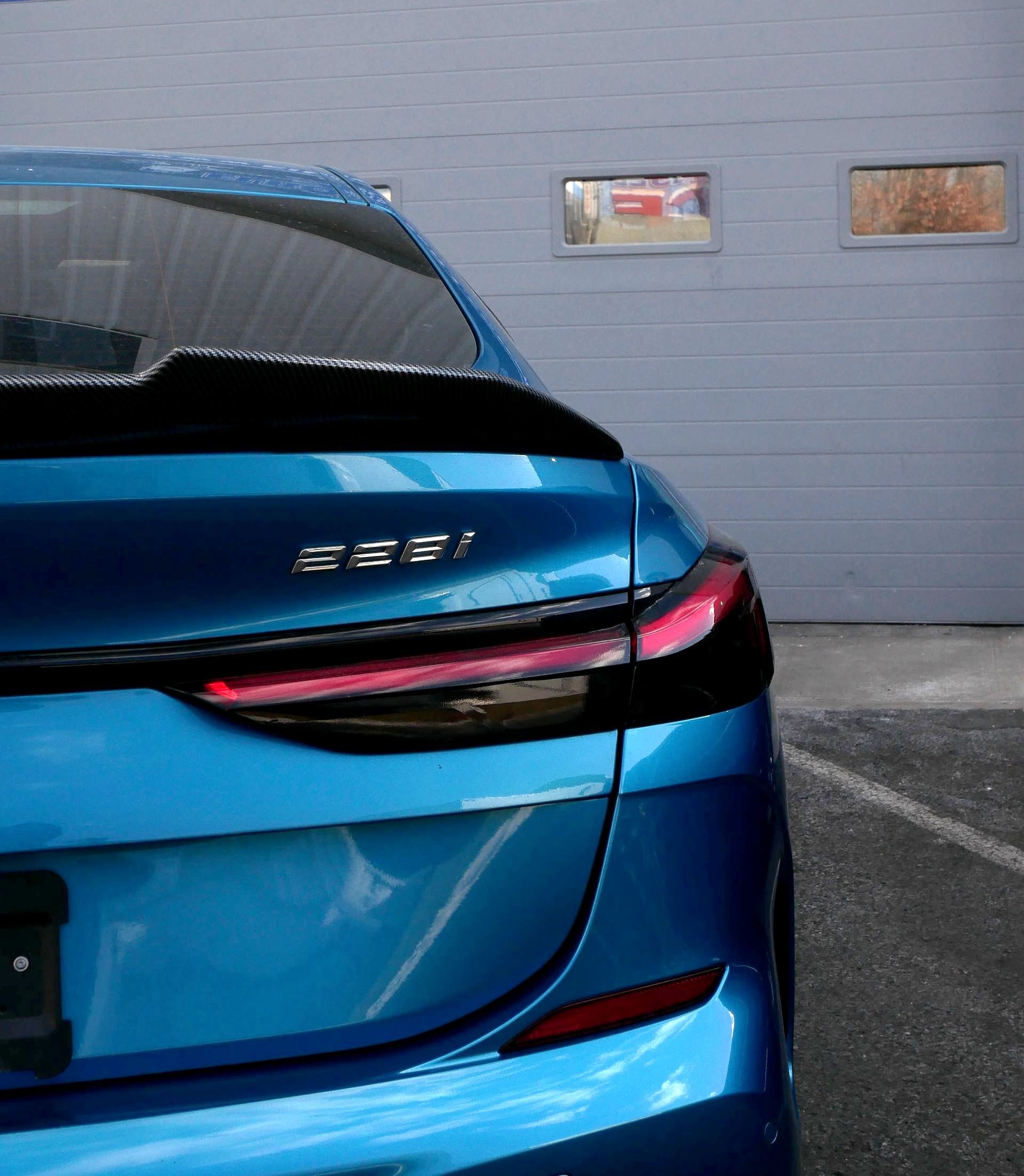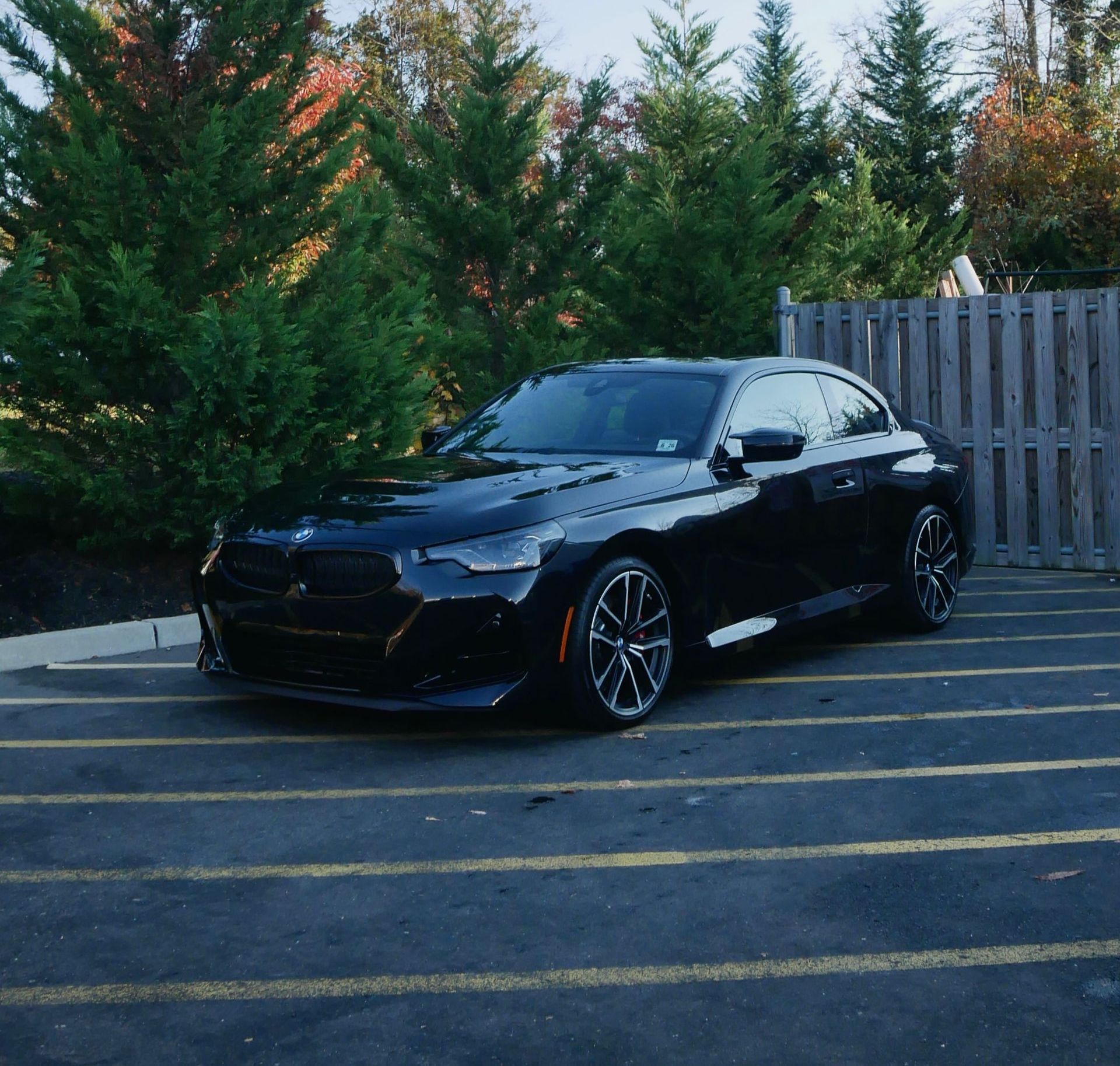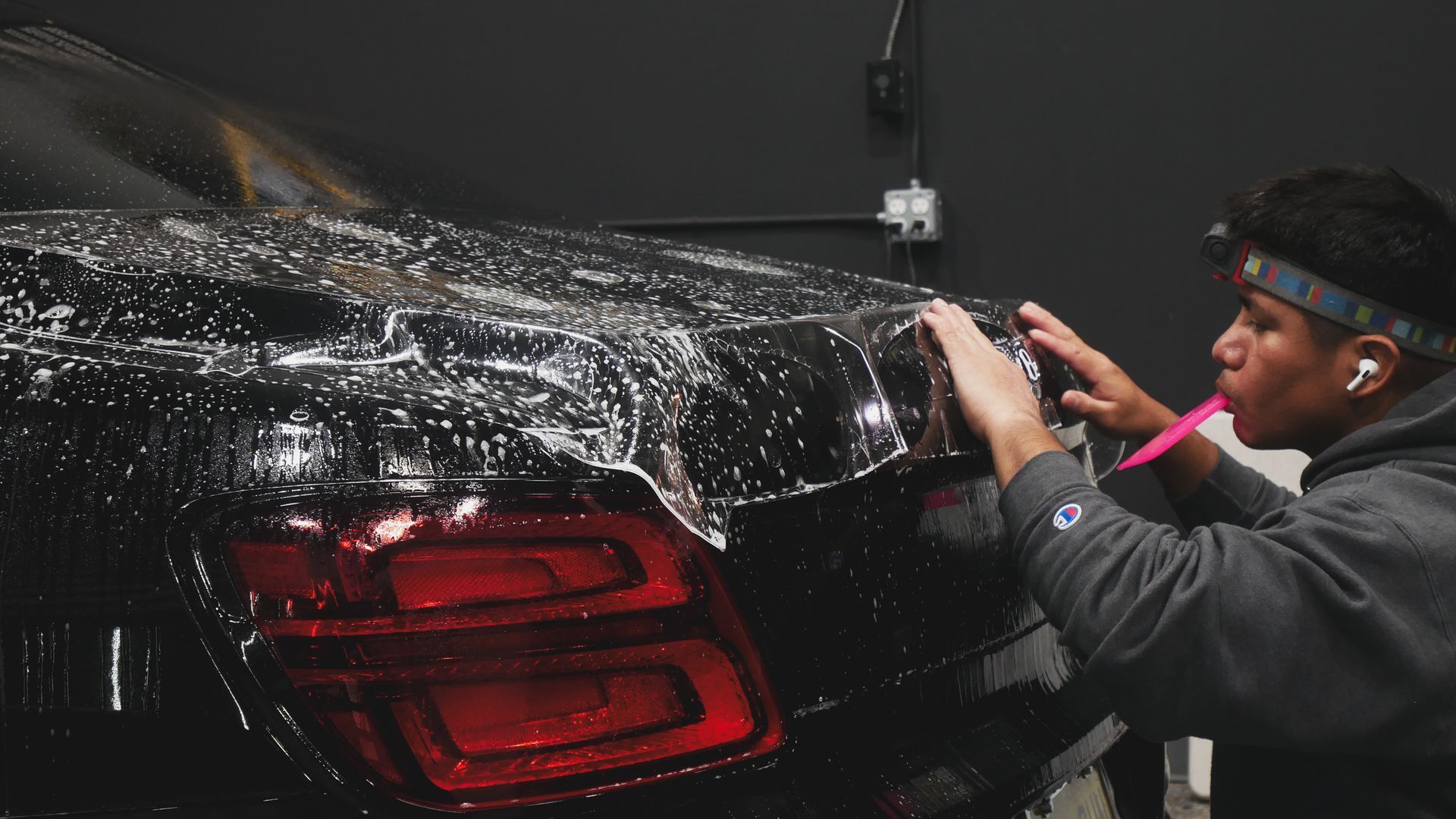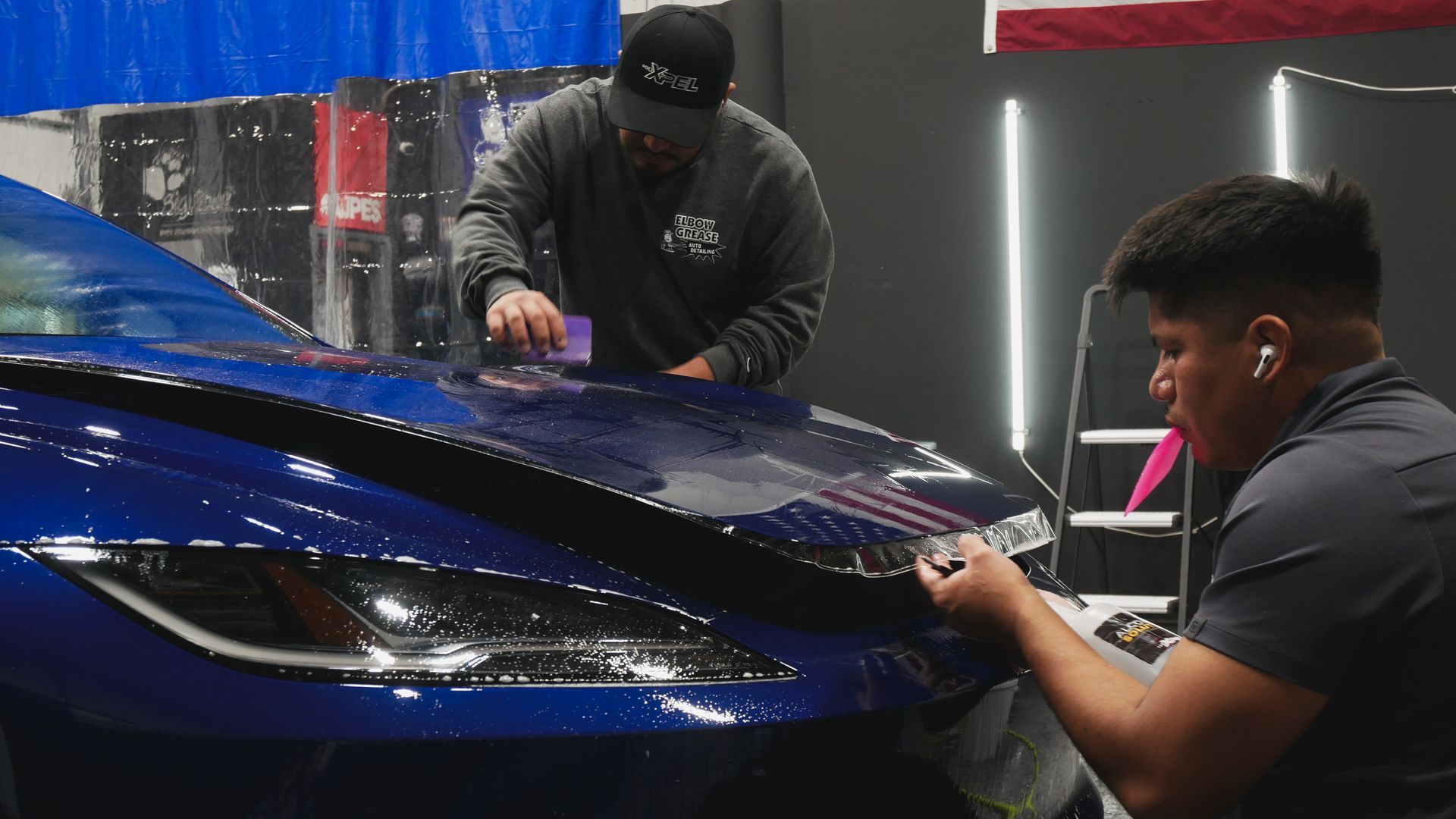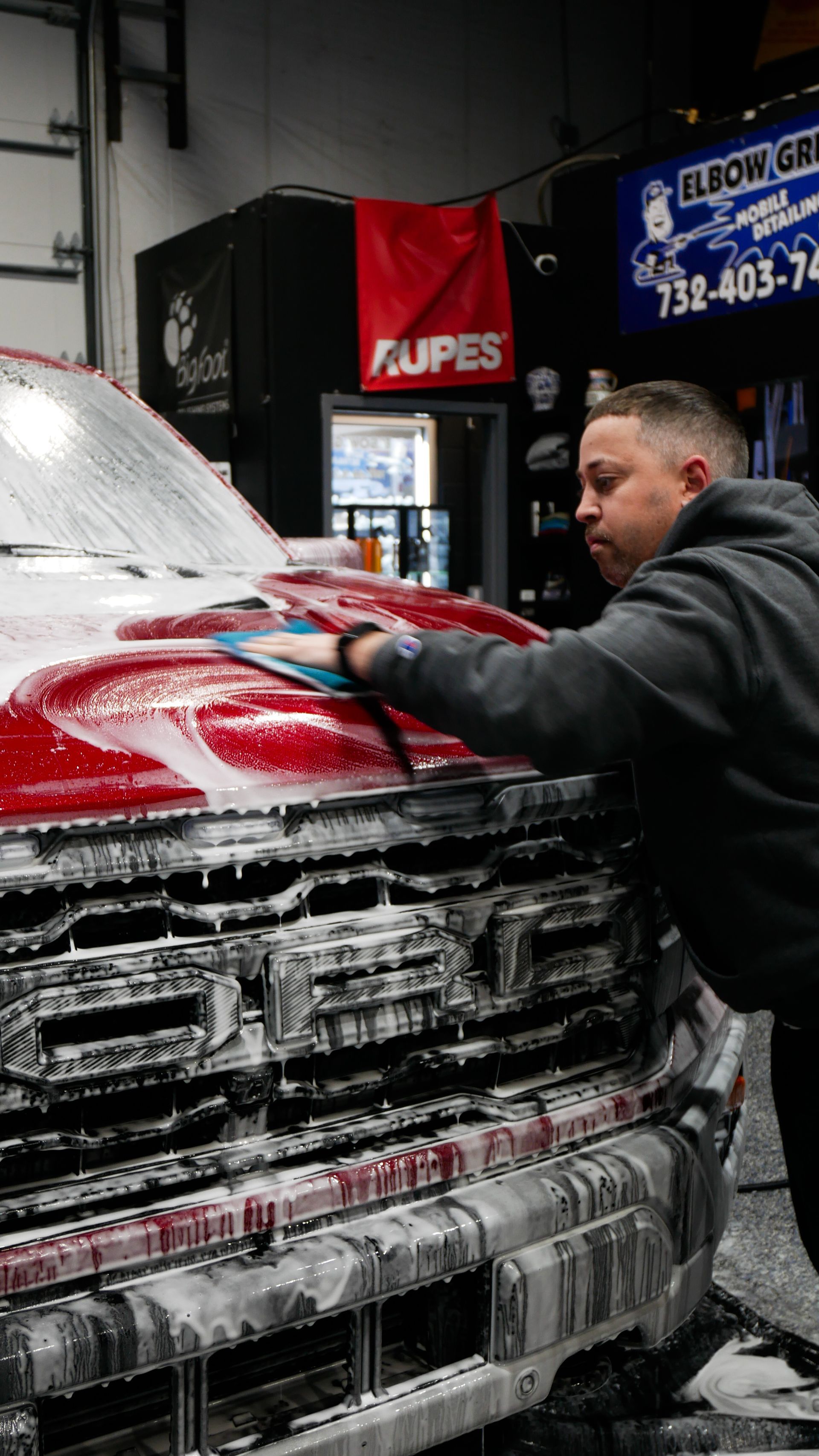Is Window Tinting Legal in New Jersey? Understanding the Regulations
When it comes to personalizing your vehicle, window tinting can seem like an appealing way to add style and comfort. However, if you live in New Jersey, you need to be aware of the state's strict regulations surrounding this practice. While many states allow varying degrees of tinting, New Jersey keeps things straightforward—no tint on the windshield or front side windows and total freedom for back side and rear windows. If you're thinking about tinting your windows, it's crucial to get familiar with these laws to avoid fines and keep your driving experience hassle-free. Understanding the rules can save you from a costly mistake, so let’s dive into what’s legal and what isn’t!
Window tinting is heavily regulated in New Jersey; no tint is permitted on the windshield or front side windows, while back side and rear windows can have any darkness of tint. It's essential to comply with these laws to avoid significant fines and potential penalties.
Legal Limits for Window Tinting
In New Jersey, the laws surrounding window tinting are designed to keep drivers safe and ensure clear visibility at all times.
No tint is allowed on the windshield except for a non-reflective tint along the top 5 inches (AS-1 line), which helps reduce glare.
It's crucial to remember that when it comes to your front glass, transparency is key—literally.
Tint Variations by Window
For front-side windows, the rule remains stringent: no tint is permitted. However, rear side windows must allow at least 70% light transmission. This lack of allowances serves an important purpose—ensuring maximum visibility while operating vehicles. Having clear front-side windows prevents visual obstructions during driving, especially at night or in adverse weather conditions.
Permissibility for Rear and Back Side Windows
On a more favorable note, when we shift our focus to the back windows and the rear window, vehicle owners find themselves with more options. There are no restrictions regarding the darkness of the tint, allowing drivers substantial flexibility to select any shade they deem appropriate for enhancing passenger privacy or protecting precious interior elements from UV damage over time. For back side and rear windows, there are no restrictions on darkness, but front side windows must allow at least 70% light transmission.
Whether your goal is aesthetic or functional, this leeway can significantly improve comfort and value inside your vehicle.
Although these rules appear simple, following them is critical. As a result, hiring a professional who specializes in compliant window tinting services is often a wise decision. They can provide guidance tailored to both your vehicle's specifications and your personal preferences.
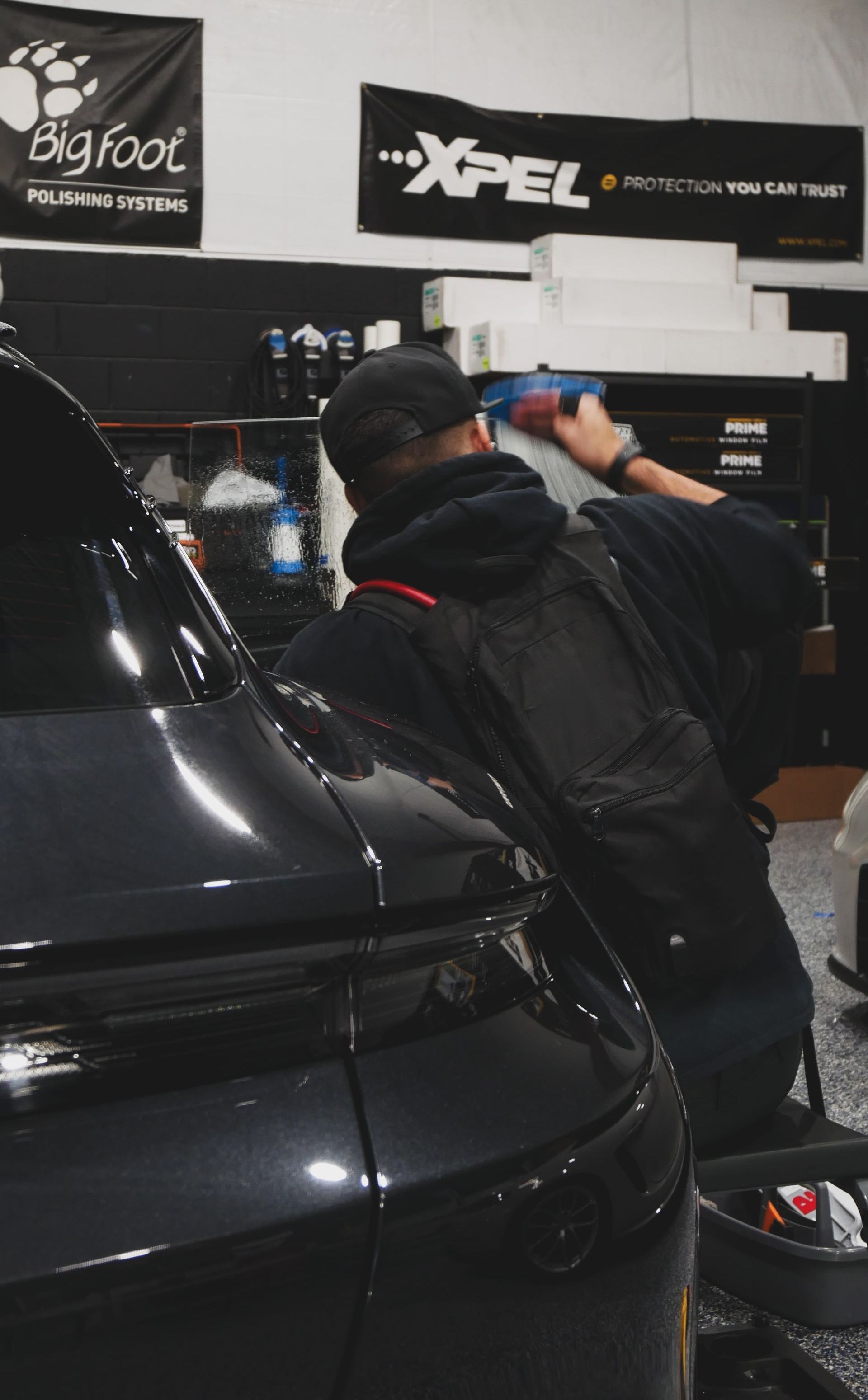
Specific Rules for Front and Rear Windows
New Jersey's laws regarding window tinting are indeed strict, particularly concerning front-side windows. The rationale behind these regulations is primarily safety. By prohibiting any tint on the windshield and front side windows, law enforcement can easily see inside vehicles during traffic stops. This transparency is vital to keep officers safe and ensures that drivers can be monitored for compliance with road laws.
In contrast, rear windows have more lenient rules. Why? The answer lies in their function and placement. Since they do not inherently obstruct the driver's view—being positioned further back—drivers can safely navigate their surroundings without significantly impairing their field of vision. This flexibility allows vehicle owners to customize their rear windows with darker tints, offering passengers added privacy while maintaining practicality on the road.
Despite this freedom for rear windows, it’s important to note that if you choose to go dark with your tinting, you must ensure that your vehicle is equipped with dual side mirrors. This requirement comes into play because if the rearview is obscured, it’s crucial to have adequate visibility through the side mirrors for safe driving.
Penalties for Non-Compliance
Violating window tinting laws in New Jersey isn't merely a slap on the wrist; it carries hefty financial implications. If you're caught with illegal tint, you may be looking at fines that can reach up to $1,000 for first offenses. For repeat violations, those fines can skyrocket to $5,000. Failing to adhere to these regulations can result in heavy financial penalties that might exceed what one would pay for a dependable used car.
Beyond the monetary penalties, there are hidden costs associated with non-compliance. First-time offenders may also be required to remove the illegal tint and comply with legal regulations—an added expense in removal services and potential days without access if you depend on your vehicle for daily tasks.
If you're continually caught flaunting these regulations, you risk higher insurance premiums or complications with your policy altogether. Insurers often view repeated violations as an indication of irresponsible behavior, potentially placing your driving record—and by extension, your finances—in jeopardy. A few extra bucks spent on legal tint could save you from potential future headaches down the road.
Medical Exemptions
New Jersey's window tinting regulations are strict, but they do recognize that some individuals have unique health needs. People with certain medical conditions may require additional protection from the sun’s harmful rays due to sensitivity or other underlying issues. Fortunately, these individuals can apply for exemptions that allow them to legally tint their windows darker than typical allowances.
Steps to Apply for an Exemption
If you find yourself in this category, here’s how you can navigate the system to secure your exemption. The first step involves visiting a certified medical professional—this could be a doctor or a dermatologist who understands your specific situation. After discussing your needs, it’s essential to obtain a formal prescription or note dictating why darker tints are necessary. This documentation is critical and ensures you have a legitimate case when applying for the exemption.
Next, you’ll need to submit your prescription along with any required forms to the New Jersey Motor Vehicle Commission (MVC). This submission will often include:
- Your vehicle information
- Personal identification details
- Any associated fees that may be required
Once submitted, the MVC will review your application carefully. Be prepared for a wait as they process your request; while it can be lengthy, it's important to remain patient, as this step is critical for ensuring legal compliance. After approval, you will receive confirmation that allows you to legally have darker window tints installed.

Safety and Visibility Requirements
Window tinting laws in New Jersey are crafted to ensure that drivers retain the necessary visibility required during both day and night. When a vehicle's windows are excessively tinted, they can create serious challenges in seeing pedestrians, other vehicles, and traffic signals clearly. We’ve all experienced those moments of visibility struggling when driving into bright sunlight or through sudden weather changes—imagine amplifying that risk with improper tinting.
That's why New Jersey’s strict window tinting regulations exist: to prevent any obstructions that could lead drivers into dangerous situations.
Dual Side Mirrors Requirement
To address these safety concerns, New Jersey mandates that vehicles with tinted rear windows must also have dual side mirrors. This requirement serves a vital role in preserving a driver’s range of vision while still allowing them the option for added privacy within their vehicle by using darker tints on rear windows. The logic behind requiring dual side mirrors is straightforward: if the back view is obstructed due to tinting, the additional mirrors provide a reliable alternative for safe lane changes and rear assessments.
This requirement not only enhances safety for the driver but also for everyone sharing the road. Having visibility options reduces blind spots significantly and ensures that drivers make safer decisions when maneuvering their vehicles.
Tips for Staying Legal in New Jersey
To avoid potential fines or legal complications, here are some practical tips to help you stay compliant with New Jersey's window tinting regulations.
Firstly, it's crucial to consult professionals when considering window tinting. A certified installation team is well-versed in the specific laws governing window tint levels in New Jersey, ensuring that your vehicle remains in compliance. Seek out reputable businesses—like Elbow Grease Detailing—that are knowledgeable about state laws and the best products available.
Stay Street Legal with Expert Tinting by Elbow Grease Detailing
Understanding New Jersey’s window tinting laws is key to avoiding fines and ensuring your vehicle remains compliant while still enjoying the benefits of added privacy, UV protection, and heat reduction. At Elbow Grease Detailing, we stay updated on all state regulations so you don’t have to. Whether you're looking for a sleek aesthetic or enhanced comfort, we’ll guide you in selecting the right legal tint for your vehicle.
Call (732) 403-7449 today to schedule your compliant window tinting service with the experts at Elbow Grease Detailing.




